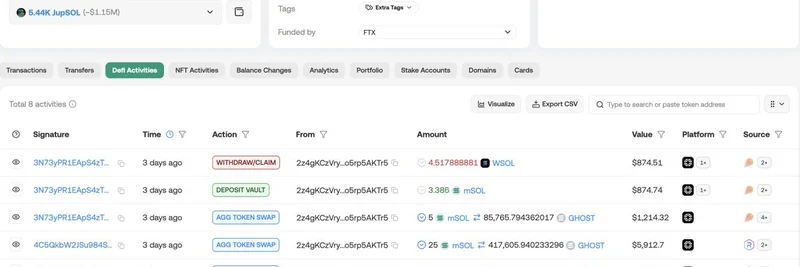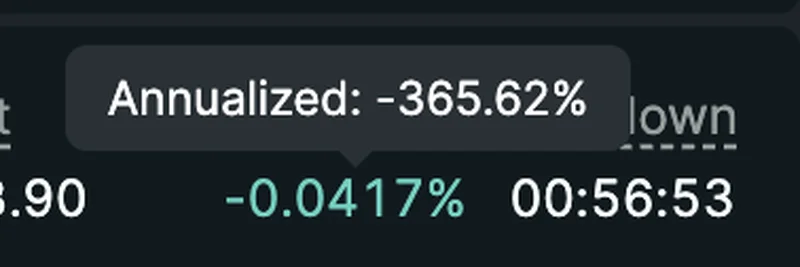In the fast-paced world of crypto, fresh ideas that bridge traditional finance and blockchain are always exciting. Recently, The Rollup shared a clip on X featuring Les Borsai, co-founder of Wave Digital Assets, diving into how states could leverage their digital assets in groundbreaking ways. If you're into meme tokens or broader crypto trends, this could signal bigger adoption waves ahead. Let's break it down.
Understanding Digital Reserves
Les Borsai kicks off by praising the concept of digital reserves: "The digital reserve is great if you're holding assets and allowing them to appreciate." What does this mean? Think of it like states treating cryptocurrencies—such as Bitcoin or even emerging meme tokens—as part of their reserve holdings, similar to gold or foreign currencies. Instead of just sitting on them, the goal is to let their value grow over time, providing a hedge against inflation or economic dips.
This idea isn't new in crypto circles. Several U.S. states have floated proposals for Bitcoin reserves, aiming to diversify their portfolios. For meme token enthusiasts, imagine if states started dipping into viral assets; it could legitimize and pump the market like never before.
Rebalancing for Smarter Asset Management
Borsai doesn't stop at holding—he pushes for action: "If these states have all these assets, why don't we create a structure where we rebalance them." Rebalancing is a fancy term for adjusting your investment portfolio to maintain a desired risk level or to capitalize on gains. In crypto terms, it might mean selling high on certain tokens and buying into others, or even integrating meme coins for high-reward plays.
By rebalancing, states could optimize their holdings, turning passive reserves into active financial tools. This approach could inspire meme token projects to think beyond hype, focusing on real utility in institutional settings.
Trusts and Municipal Bonds: The Game-Changer
Here's where it gets innovative: "Put them in a trust, and issue municipal bonds so the state can bring back low-price debt." A trust is essentially a legal entity that holds assets securely, managed for beneficiaries—in this case, the state and its citizens. By placing crypto assets into a trust, states could back municipal bonds with them.
Municipal bonds are debt securities issued by local governments to fund public projects, often with tax advantages. Backing them with crypto could lower borrowing costs, as the appreciating digital assets provide strong collateral. For blockchain practitioners, this means crypto isn't just speculative; it's becoming a cornerstone of public finance.
Opening the Debt Market with Crypto
Borsai wraps up with his core focus: "Opening up the debt market with crypto is really what I'm focused on." This vision could transform how governments borrow and invest, integrating blockchain's transparency and efficiency into traditional debt systems. Imagine meme tokens or other altcoins indirectly benefiting from increased liquidity and institutional interest as crypto enters mainstream finance.
This isn't just talk—it's a call to action for crypto innovators. As states explore these structures, it could pave the way for more meme token integrations, perhaps through tokenized bonds or DeFi protocols.
If you're curious, check out the original clip on X to hear Borsai in his own words. Ideas like these highlight why staying updated on crypto trends is crucial for anyone in the blockchain space, from meme token traders to serious investors.
At Meme Insider, we're all about decoding these developments to help you navigate the wild world of digital assets. What do you think—could crypto-backed bonds be the next big thing? Share your thoughts below!



